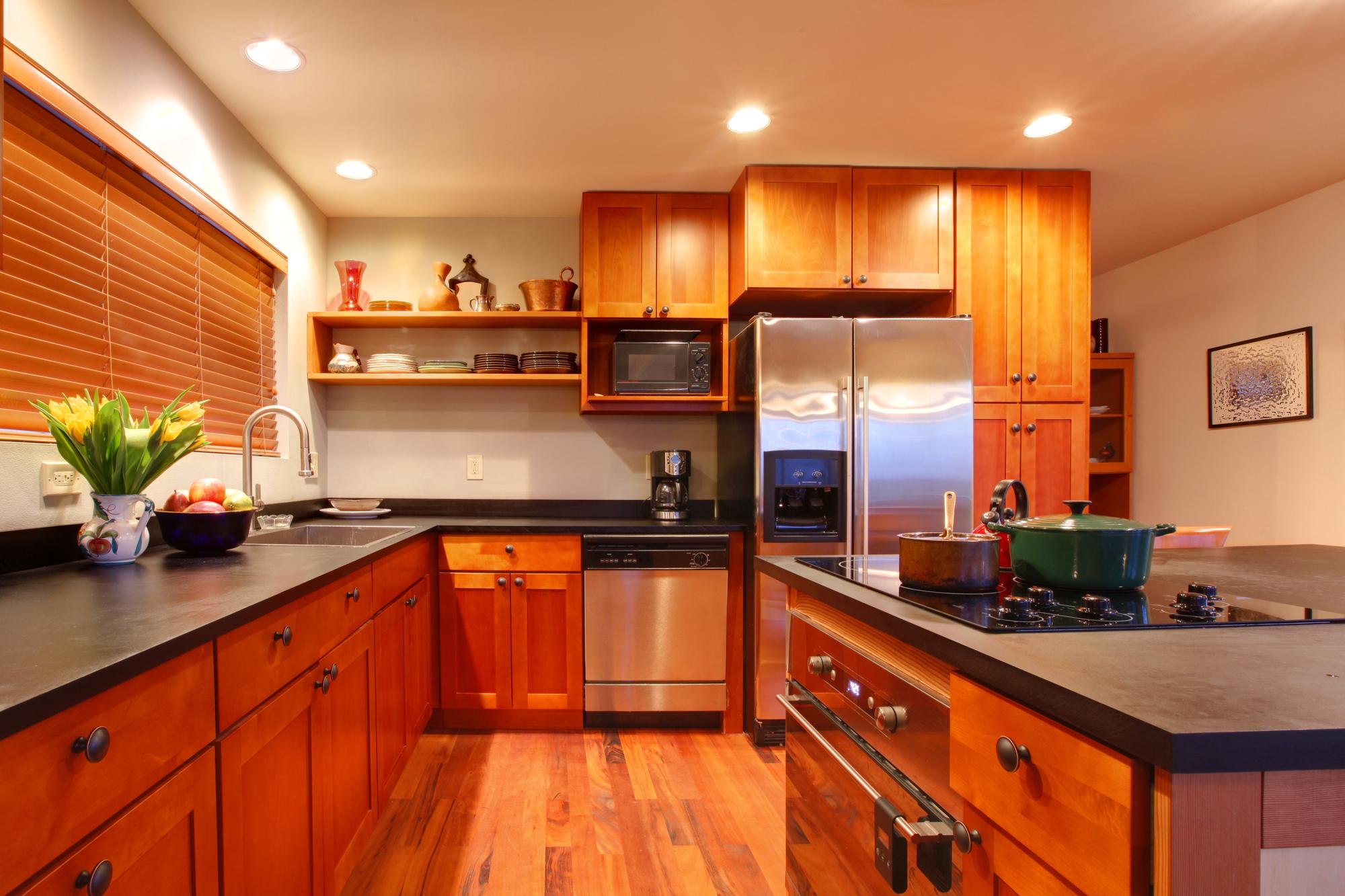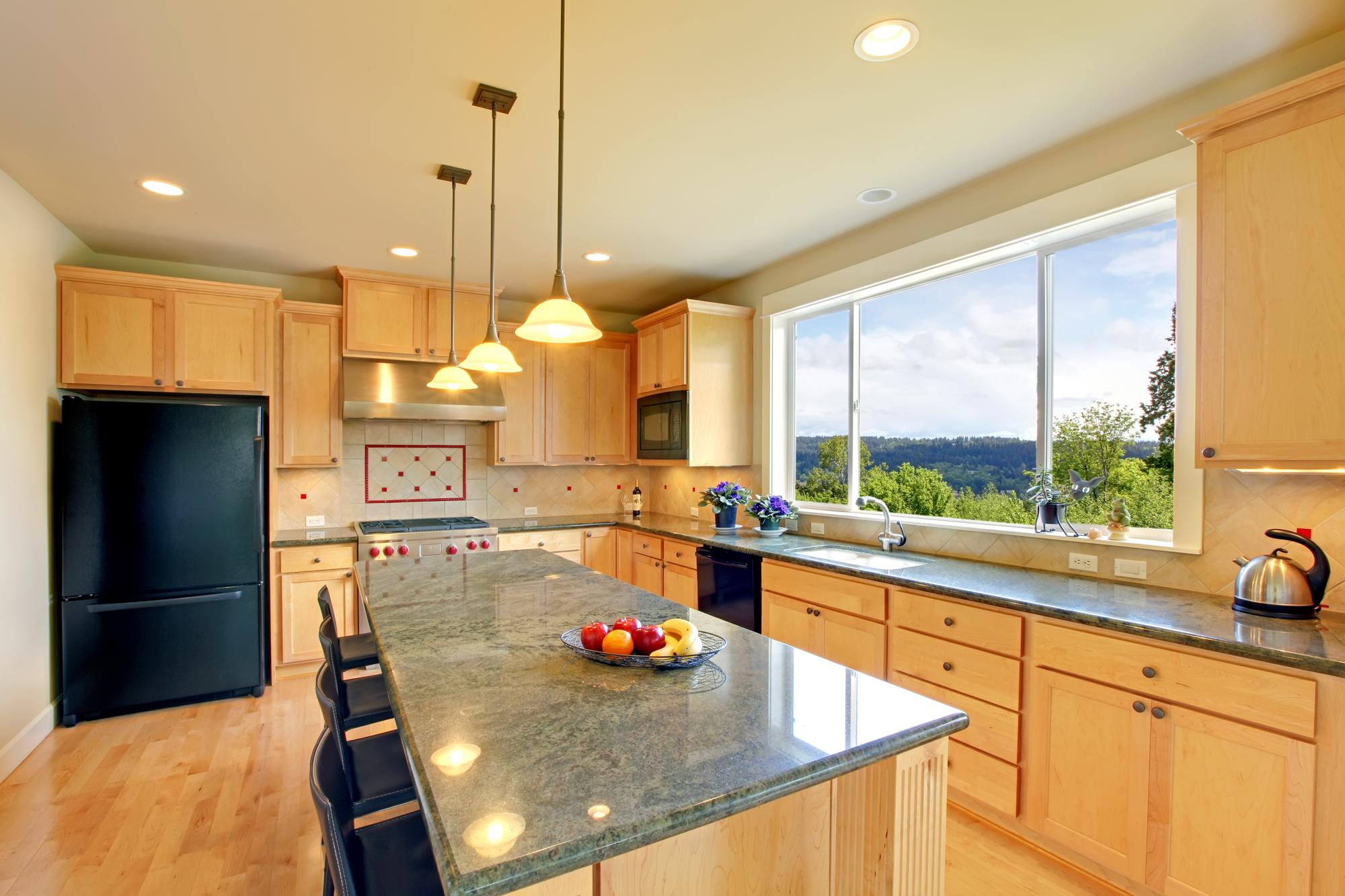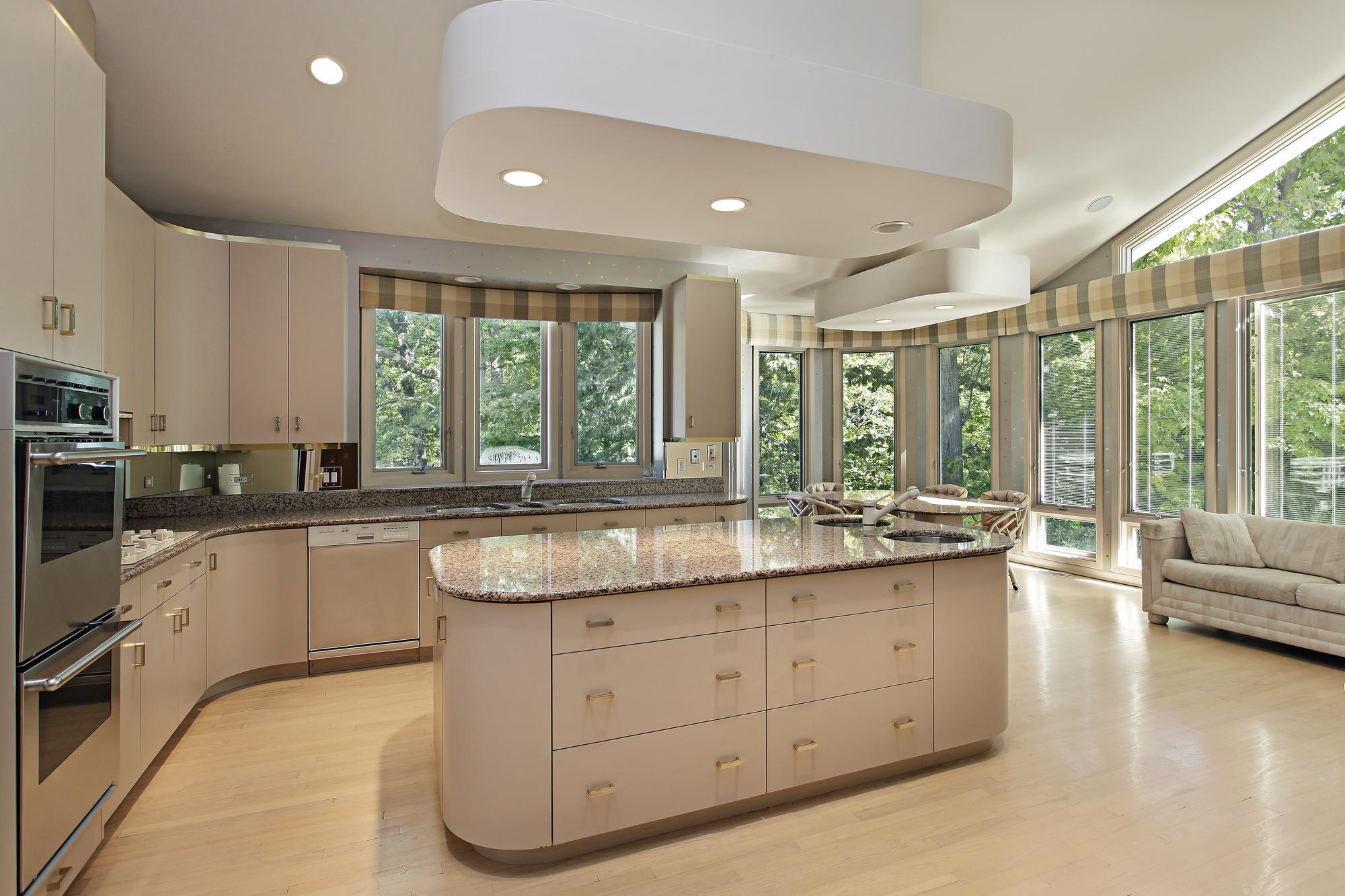“The best of the best! Beautiful selection and showroom and expert installation.”
L. Gibbs- Newtown PA
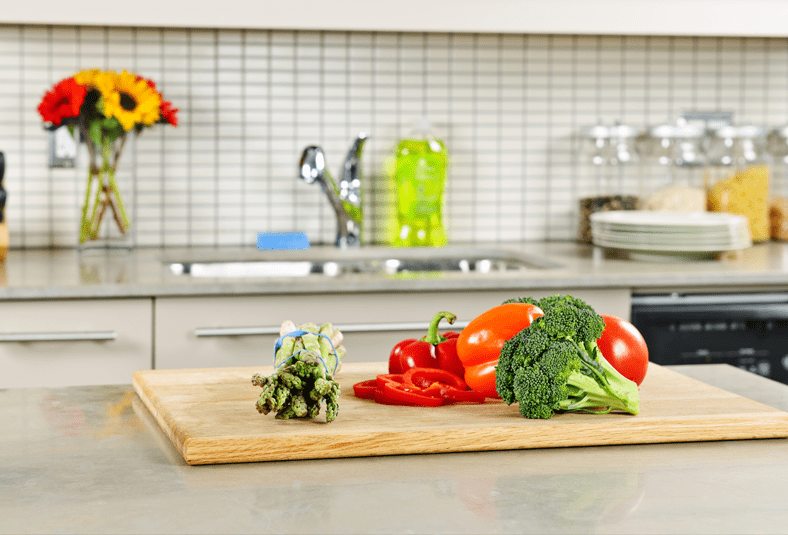
Popular Limestone Colors
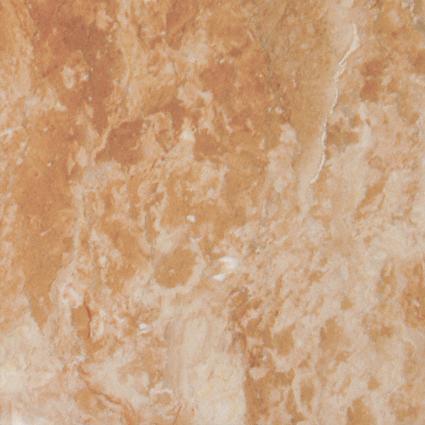
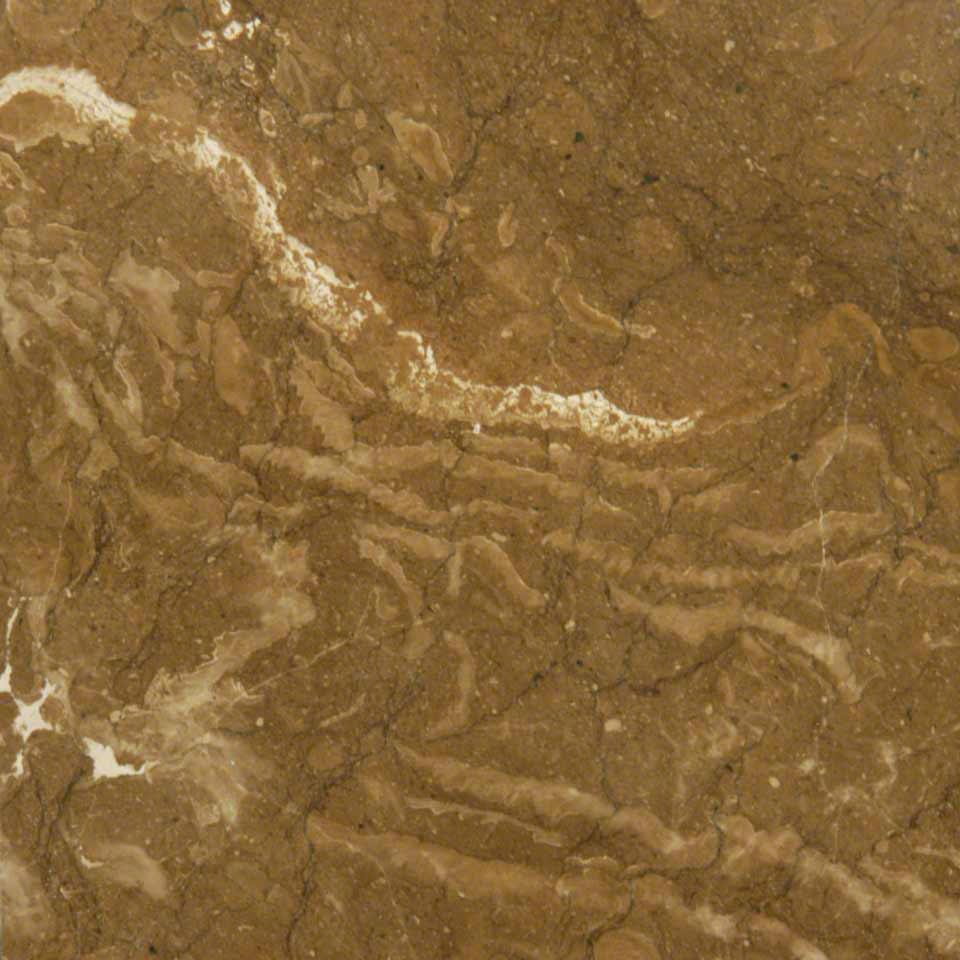
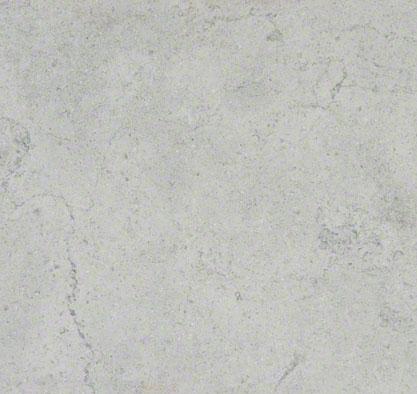
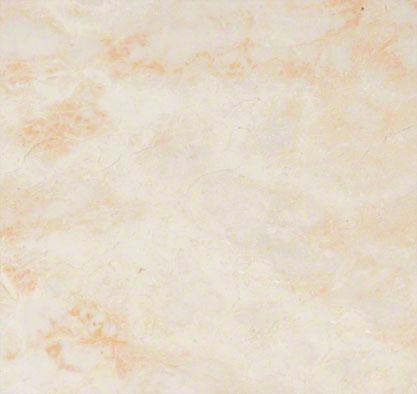
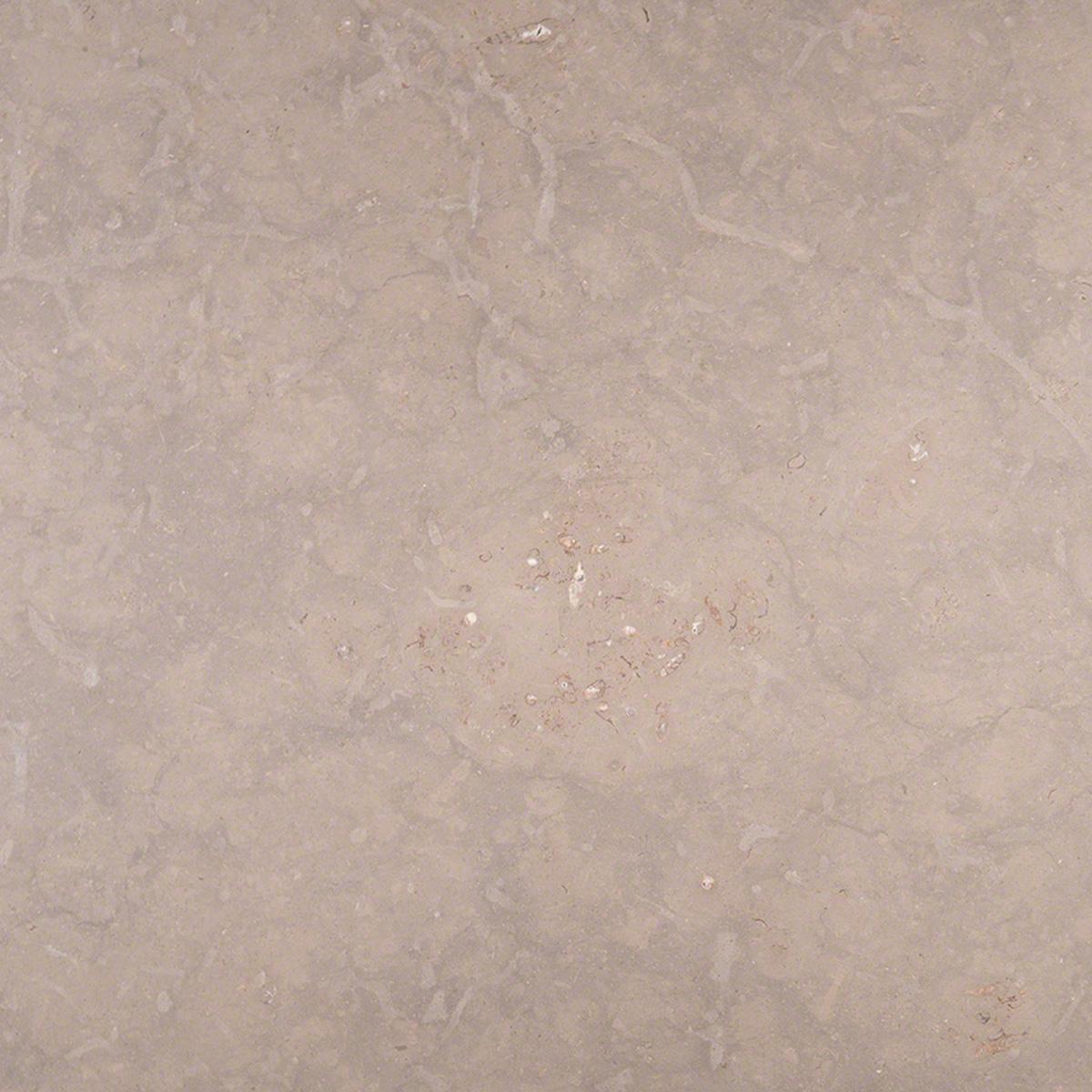
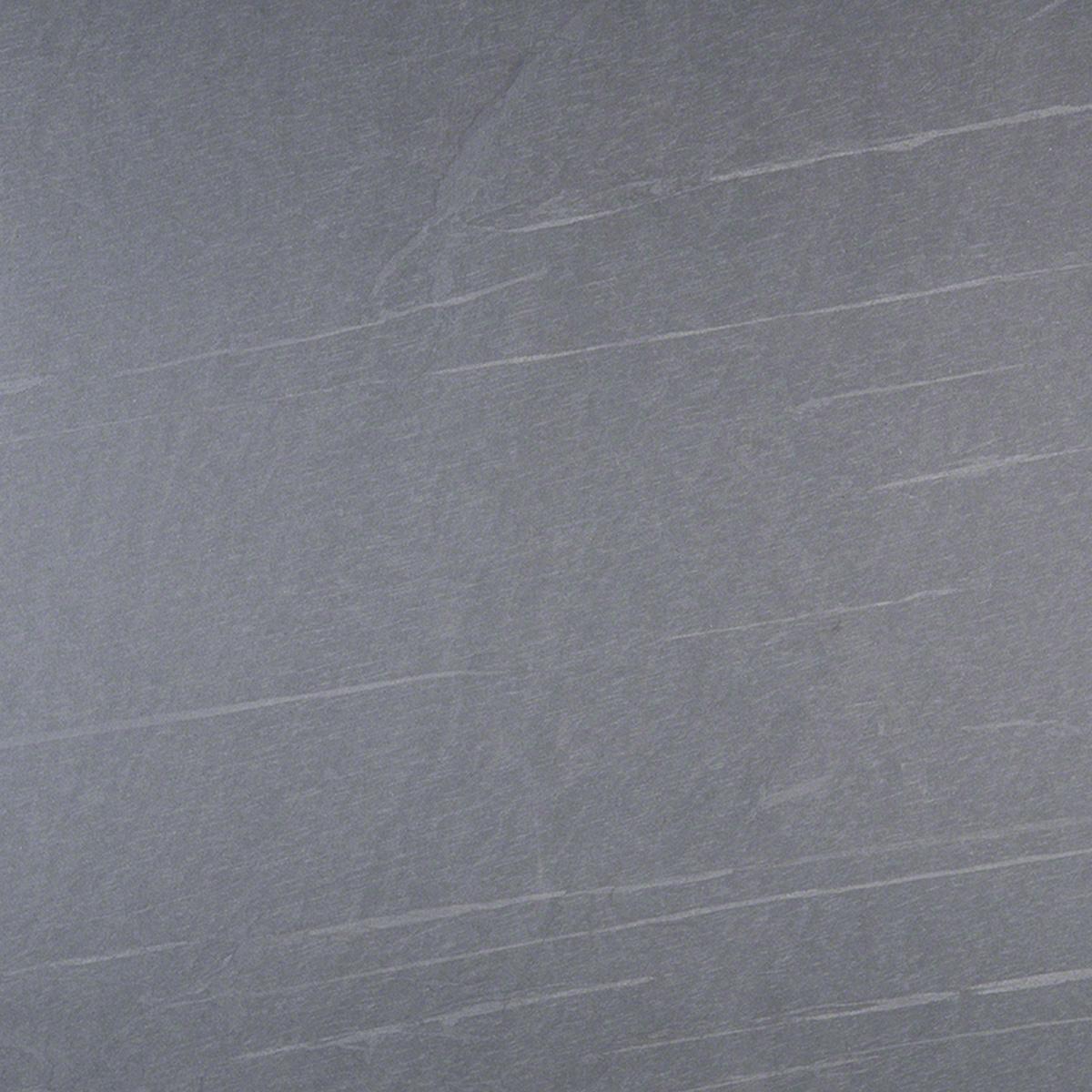
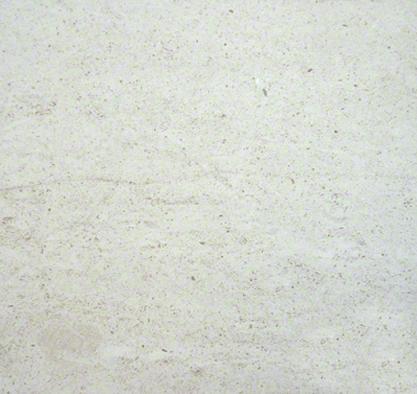
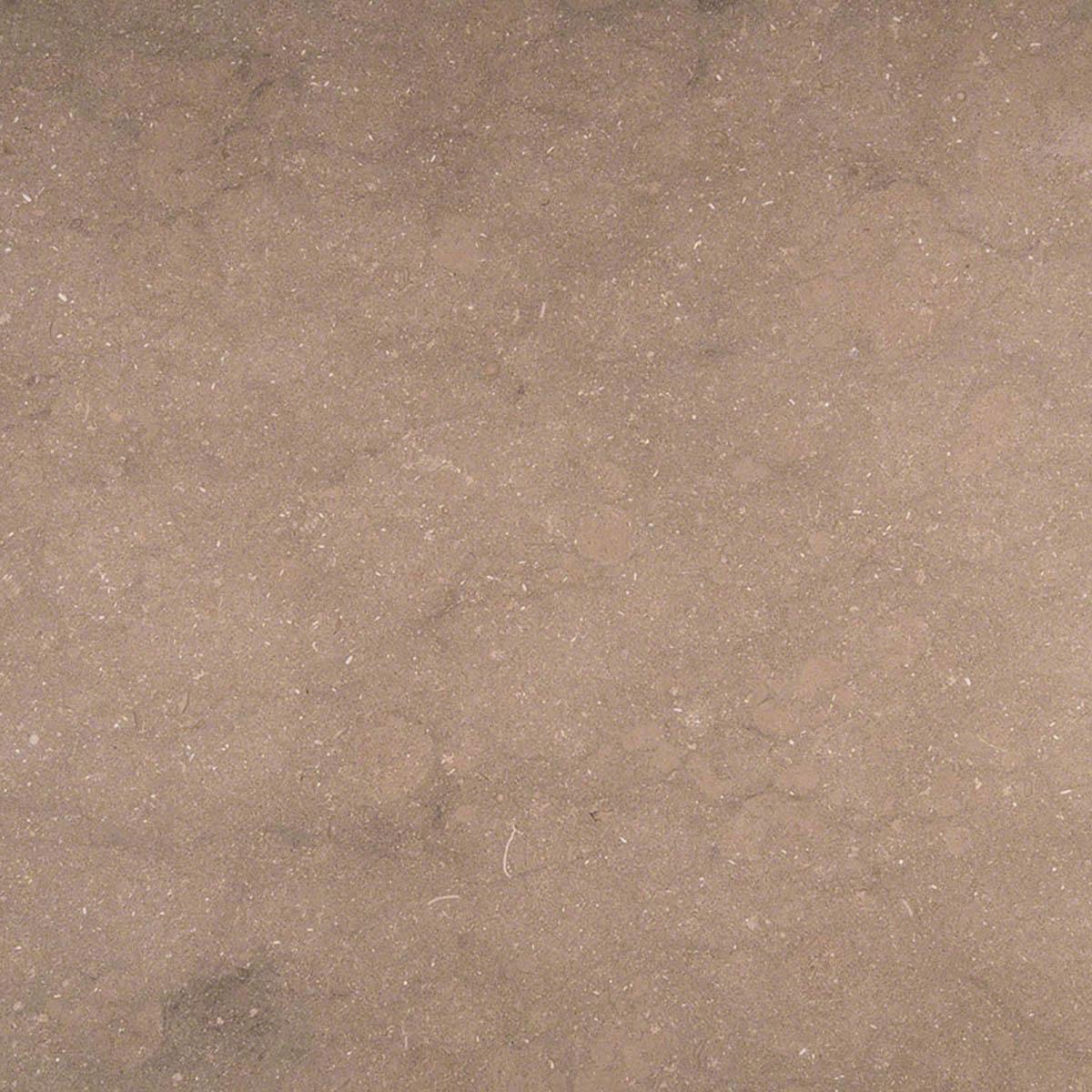
Limestone
Although not as well known as other types of natural stone, limestone is an excellent choice for your home improvement project. It is best known for its use in tiles, but it does have other uses. You can choose limestone countertops, mantles or even walls that are perfect for a shower or spa-tub.
What is Limestone?
You may be asking yourself “what is limestone” as it is not as common as stones like granite or marble. Scientifically, limestone is sedimentary rock composed mostly of skeletal fragments of coral, forams and molluscs. It contains minerals like calcite and aragonite, crystal forms of calcium carbonate.
Limestone has many uses including aggregate for road bases, filler and as a soil conditioner.
The Benefits of Limestone
Limestone is very dependable, a strong dense stone that is not very porous. This means it can withstand extreme temperatures so it is even available for outside use, like limestone countertops in an outdoor kitchen for example.
Limestone may be less costly than other, more popular, types of stone like granite or marble. Because limestone is created from fossil development, every slab will have a different, unique look.
Types of Limestone
There are many different types of limestone and many of them are used for building projects. Coarse-grained limestones are known as grainstones while tufa is a soft, porous limestone often found in springs.
There are large tufa formations in Mono Lake, California created when water levels were higher. Some limestones are known as sandstone due to their sandy appearance.
Contact Us
Care, Cleaning, Maintenance and Protection of Limestone
Limestone requires more care than other types of natural stone. It absorbs oils and other liquids easier than granite or marble as it is porous. The stone is reactive to acids, such as wine, citrus or coffee, so any spills should be wiped up immediately.
Limestone countertops should be sealed to prevent staining and add better bacterial protection. Always use trivets and hot pads on limestone. Use placemats under china, ceramics or silver to avoid scratches and coasters under any glasses containing alcohol or citrus.
Clean surfaces with mild cleaners and warm water. Never use bleach, ammonia or vinegar to clean counters. Use dustmops on limestone floors often to avoid grit that could scratch the floor. Place throw rugs near entrances to encourage people to wipe grit from their shoes to avoid scratches as well.
If you are considering limestone for your building project, contact Marble Concepts to learn more. Our helpful staff can help you choose the limestone that will best suit your needs. You can reach them by completing the easy form on their website or calling them today.







